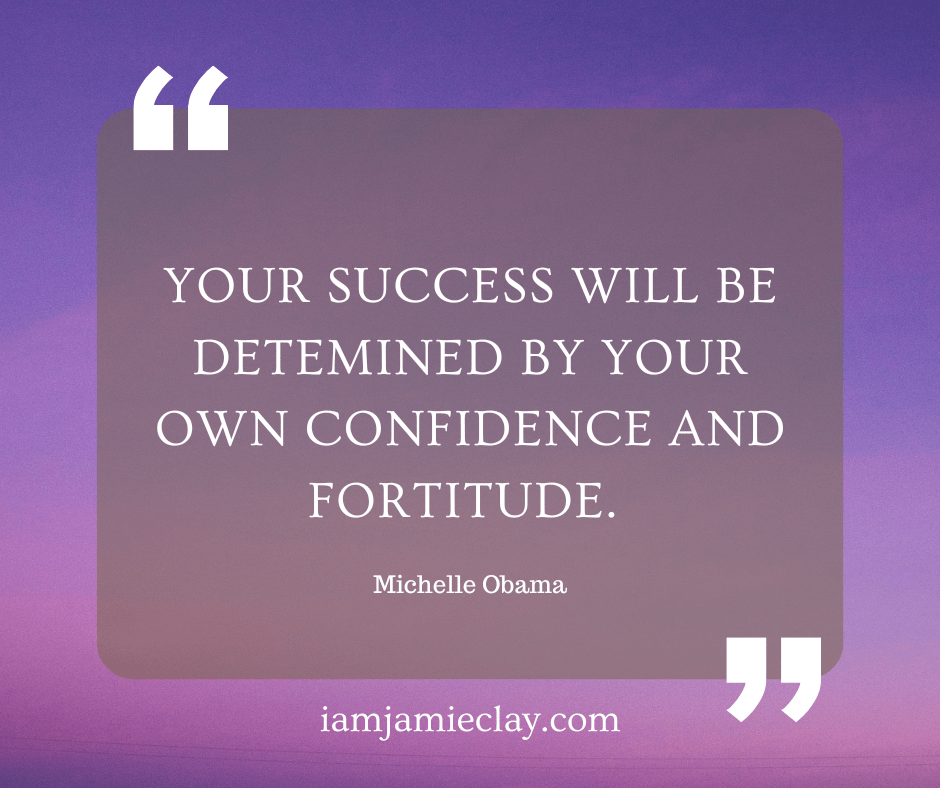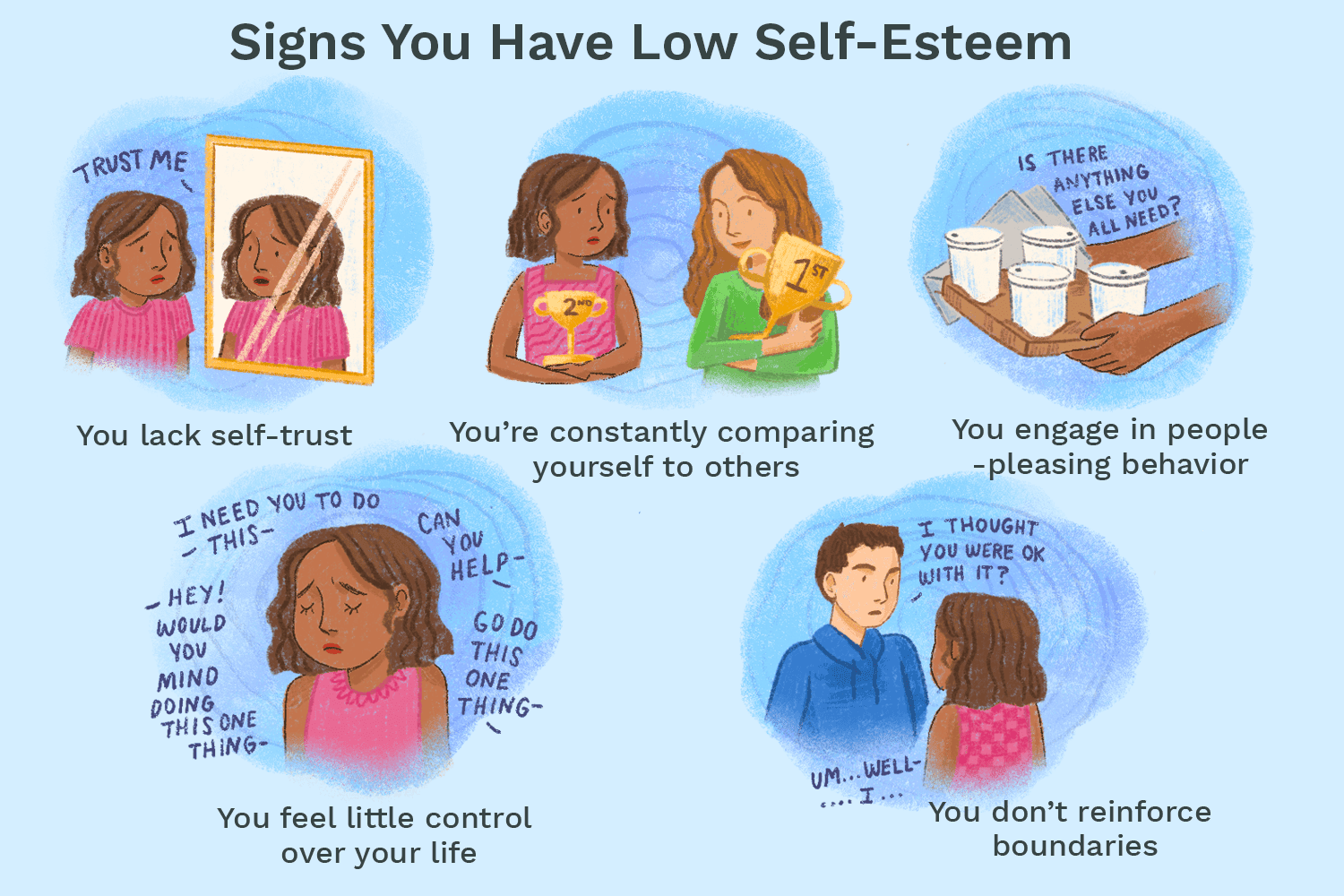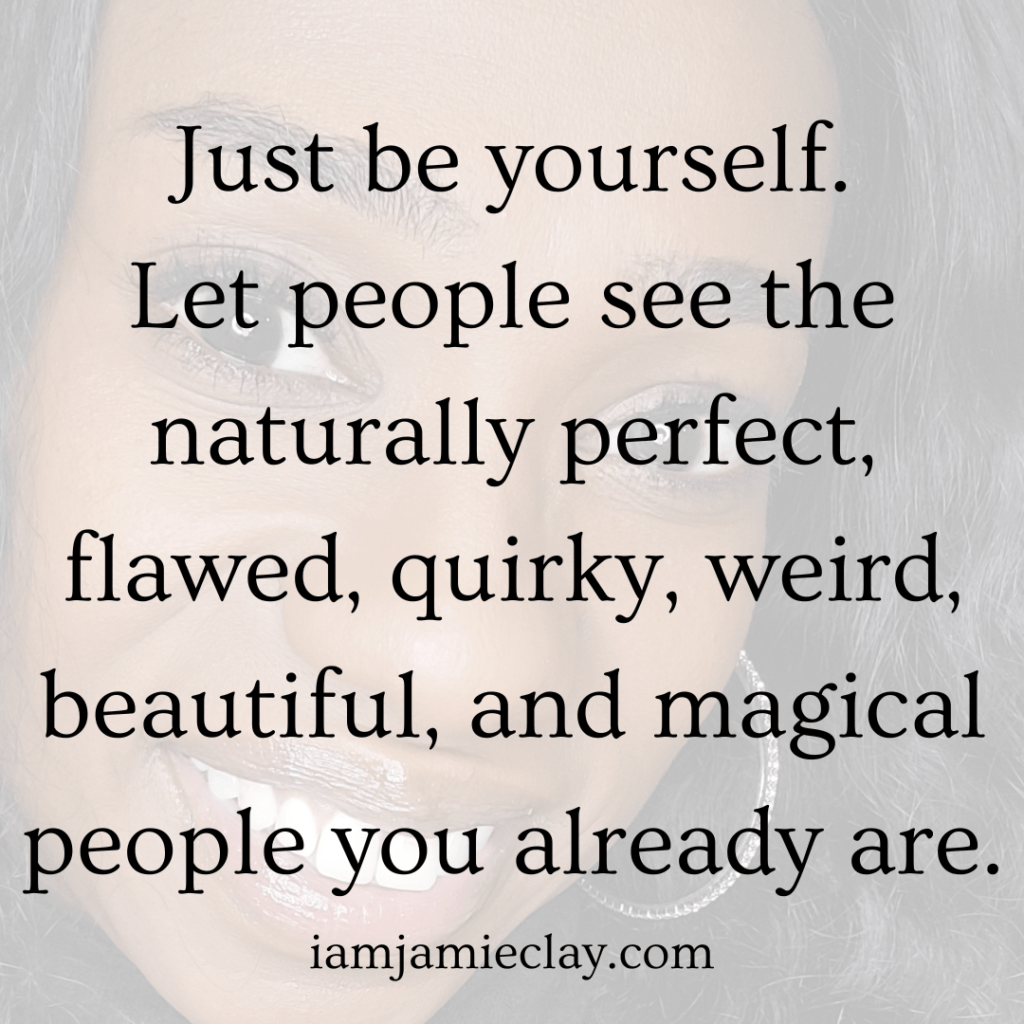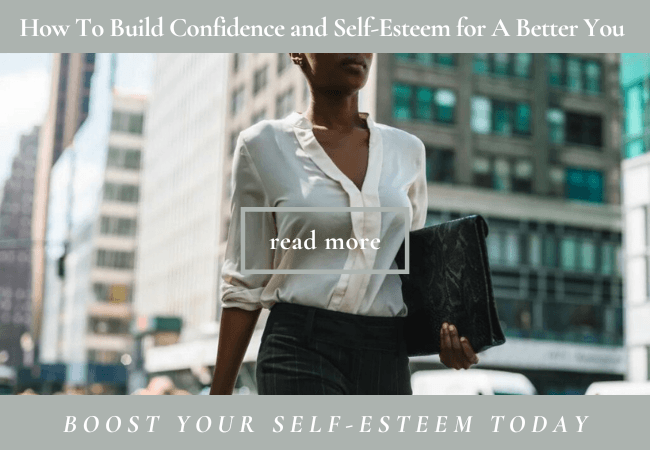How To Build Confidence and Self-Esteem for A Better You

Without any cause for debate or argument, everybody would agree that a person can elevate his self-worth with more self-confidence and self-esteem.
When a person builds confidence and self-esteem, they can become a better person with more belief in themselves and see the world from a whole new perspective, and their self-confidence is a significant factor in this change.
The benefits of maintaining self-confidence and self-esteem are boundless but lacking it can imprison you in a lackluster life. People would just be stepping on you, ignoring you entirely, and depreciating you in a basement of unhappiness.
You may never realize the full extent of your potential.
This article about how to build confidence and self-esteem that inspires you to create a better you.
Building your Self Confidence and Self Esteem

The key to gaining self-confidence and self-esteem is genuinely loving and believing in yourself.
For some people, this could be very hard, significantly, if they grew up in an environment without a shred of unconditional love and support.
These kinds of people don’t know how it is to give love. You cannot give what you do not have.
Another key is determining which areas you are experienced in.
Focusing and developing the places you are strong in will let you fully believe in your skills.
The more you see a characteristic of your life that you are good at, you can finally appreciate yourself and be proud.
As you build your self-confidence and self-esteem, a great way to develop them is to test and challenge yourself slowly and gradually.
The more challenges you conquer, the better you will feel about yourself.
No need to wait. You can start building your self-confidence and esteem right now.
A whole world waits for those who believe in and loves themselves.
What is Confidence?
Confidence is about:
Believing in yourself, your abilities, and your ideas.
Knowing a suggestion, you have in class is a good one, feeling like you can learn a new song your band wants to perform, or knowing you can ask someone out without getting cold feet.
Understanding and accepting yourself for who you are – like being proud of your sexuality or hair color, being okay with not being great at sports, or not wanting to change yourself to fit in with others.
Confidence doesn’t mean being ‘outgoing.
You can be quiet or shy and still be confident.
And even when someone’s the loudest person in the room, that doesn’t always mean they feel the most confident inside.
What is Self-Esteem?
Self-esteem is your opinion of yourself.
People with healthy self-esteem like themselves and value their achievements.
While everyone lacks confidence occasionally, people with low self-esteem feel unhappy or unsatisfied with themselves most of the time.
This can be remedied, but it takes attention and daily practice to boost self-esteem.
Low self-esteem can reduce the quality of a person’s life in many ways.

Characteristics of Low Self-Esteem.
Typically, a person with low self-esteem:
- Is extremely critical of themselves.
- Downplays or ignores their positive qualities
- Judges themselves as inferior to their peers.
- Uses negative words to describe themselves, such as stupid, fat, ugly, or unlovable.
- Has discussions with themselves (this is called ‘self-talk’) that are always negative, critical, and self-blaming.
- Assumes that luck plays a significant role in all their achievements and doesn’t take credit for them.
- Blames themselves when things go wrong instead of considering other things over which they have no control, such as the actions of other people or economic forces.
- Doesn’t believe a person who compliments them.

What can affect your confidence and self-esteem?
What affects your confidence and self-esteem can be different for different people.
These experiences might affect our confidence or self-esteem positively or negatively:
- your results at school or college.
- social media.
- the level of support you receive from people you trust.
- your body image and how you feel about your appearance.
- your achievements or skills.
- the way you think about yourself.
But other experiences may only negatively affect our confidence and self-esteem, like:
- physical or mental health problems that affect our ability to do certain things or be understood by others.
- peer pressure to fit in.
- pressure to achieve in exams, sports, or other hobbies.
- being bullied or abused.
- experiencing stigma or discrimination.
- moving away from where we feel safe, like away from family or friends.
- family problems.
- relationship problems.
- the loss of someone you love.
You may be affected by other experiences that aren’t on these lists. Or you might have had low confidence or self-esteem for a long time, making it hard to understand why you feel this way.
How Can I Build My Confidence and Self-Esteem?
Building your confidence and self-esteem can take time and practice. And what helps you now may be different from what helps in the future.
But you can do many things to improve how you feel about yourself and your abilities.
It is a big step to make changes. Start by trying a couple of new things each week until you find what works for you.
Go at your own pace and don’t put too much pressure on yourself – slight changes can make a significant difference.
Self-esteem is strongly related to how you view and react to the things that happen in your life.
Suggestions for building self-esteem include:
- Be kind to yourself. Being kind to yourself means being gentle with yourself at times when you feel like being self-critical. Think what you’d say to a friend in a comparable situation. We often give far better advice to others than we do to ourselves.
- Talk to yourself positively. Treat yourself as you would your best friend. Be supportive, kind, and understanding. Don’t be hard on yourself when you make a mistake.
- Challenge negative ‘self-talk’. Every time you criticize yourself, stop and look for accurate evidence that the criticism is genuine. (If you feel you can’t be accurate, ask a trusted friend for their opinion.) You’ll realize that most of your negative self-talk is unfounded.
- Don’t compare yourself to others. Recognize that everyone is different and that every human life has value. Attempt to accept yourself, your blemishes, and all. Lol…
- Acknowledge the positive. For example, don’t brush off compliments, dismiss your achievements as ‘dumb luck’ or ignore your positive traits.
- Appreciate your unique qualities. Remind yourself of your good points every day. Write a list and refer to it often. (If you don’t think of anything good about yourself, ask a trusted friend to help you write the list.)
- Forget the past. Concentrate on living in the here and now rather than reliving old hurts and disappointments.
- Tell yourself a positive message every day. Buy a set of ‘inspirational cards’ or make your own. And start each day by reading out a new card and carrying the card’s letter with you all day.
- Stop worrying. ‘Worry’ is simply agonizing about the future. Accept that you can’t see or change the future and try to keep your thoughts in the here and now.
- Exercise. It is such an excellent boost to the brain for all kinds of things but especially in combatting depression and helping you to feel good. Targets need to be reached step by step, such as walking around the block once a day, enrolling in a local gym class, swimming, or doing a home workout.
- Have fun. Schedule enjoyable events and activities every week.

- Be assertive. Communicate your needs, wants feelings, beliefs, and opinions to others directly and honestly.
- Act Confident. Be authentic, especially when you don’t feel like it. You could start by practicing in your mirror and work up to acting confidently in front of others. You may find after a while that you’re not functioning anymore.
- Try something new. Trying something new can help you develop a skill and meet new people. It could be learning new phrases in a different language, playing an instrument, painting, or drawing, or joining a class or sports club.
- Set yourself goals. To see how you improve or do it for fun.
- Forgive yourself. This is important.
- Know your limits. And don’t push yourself too hard.
- Make an online board or blog of motivational quotes and images.
- Meditation. Have a clear headspace.
- Keep a box or diary. Of achievements and things, you’re proud of.
- Don’t be afraid to unfollow accounts. That makes you feel bad about yourself, promotes unhealthy ideas about food, or does not create authentic images.
- Identify what’s unhelpful for you. Like tips that don’t work or things that hurt your self-esteem or confidence.
- Practice self-care. Take time for yourself and do what you need to look after your mental and physical health.
- Think back to how we felt when we made similar mistakes when we were younger and how little it affects us now. That might help us put everything in perspective.
- Accept what you cannot change. Learn the art of accepting the things you cannot change along your journey in life.
- Practice the above suggestions daily. It takes effort and attention to replace unhelpful thoughts and behaviors with healthier versions. Give yourself time to establish new habits. Keep a diary or journal to chart your progress.
Recap
Learning to be more confident can have many positive effects on your life. In addition to helping, you feel better about yourself and your abilities, self-confidence can strengthen your relationships and make you more resilient to stress.
Everyone struggles with confidence issues at one time or another. Fortunately, there are several things that you can do to boost self-confidence. In many cases, learning to act confident can help you feel more confident.
Sometimes low self-confidence is a sign of a mental health condition such as depression or anxiety.
If your self-confidence interferes with your work, social life, or education, consider talking to a mental health professional.
A therapist can help you better understand the issue, recommend treatment, and work with you to develop skills to build self-confidence.
If you have any questions about the topic at hand, please feel free to comment below! I welcome your feedback.
Follow me on all social media platforms!
And stay connected by signing my email list.
